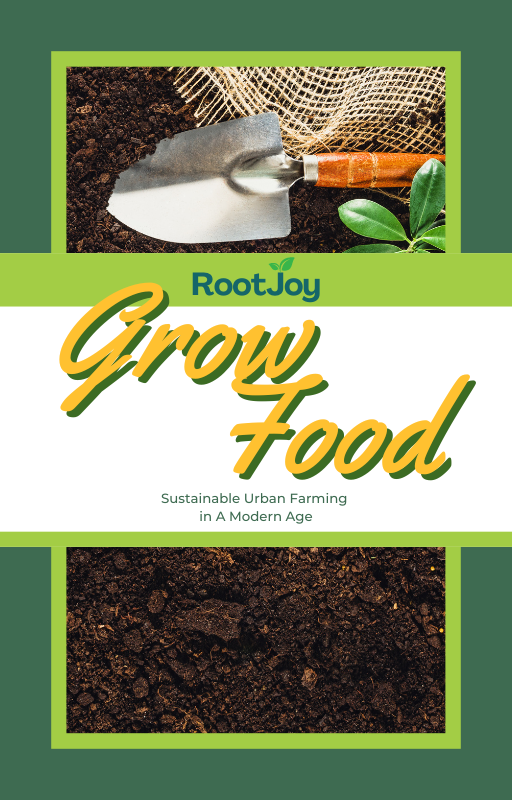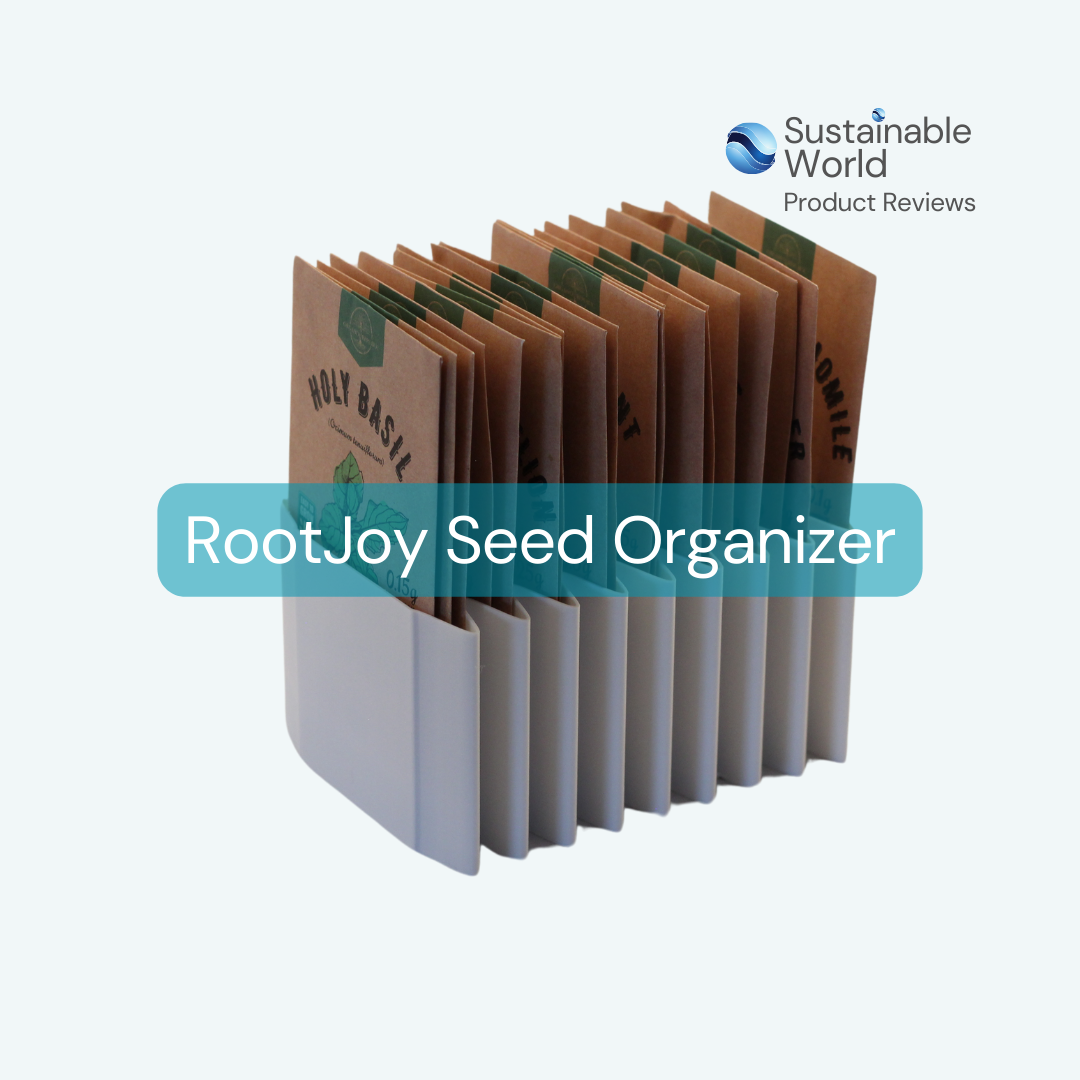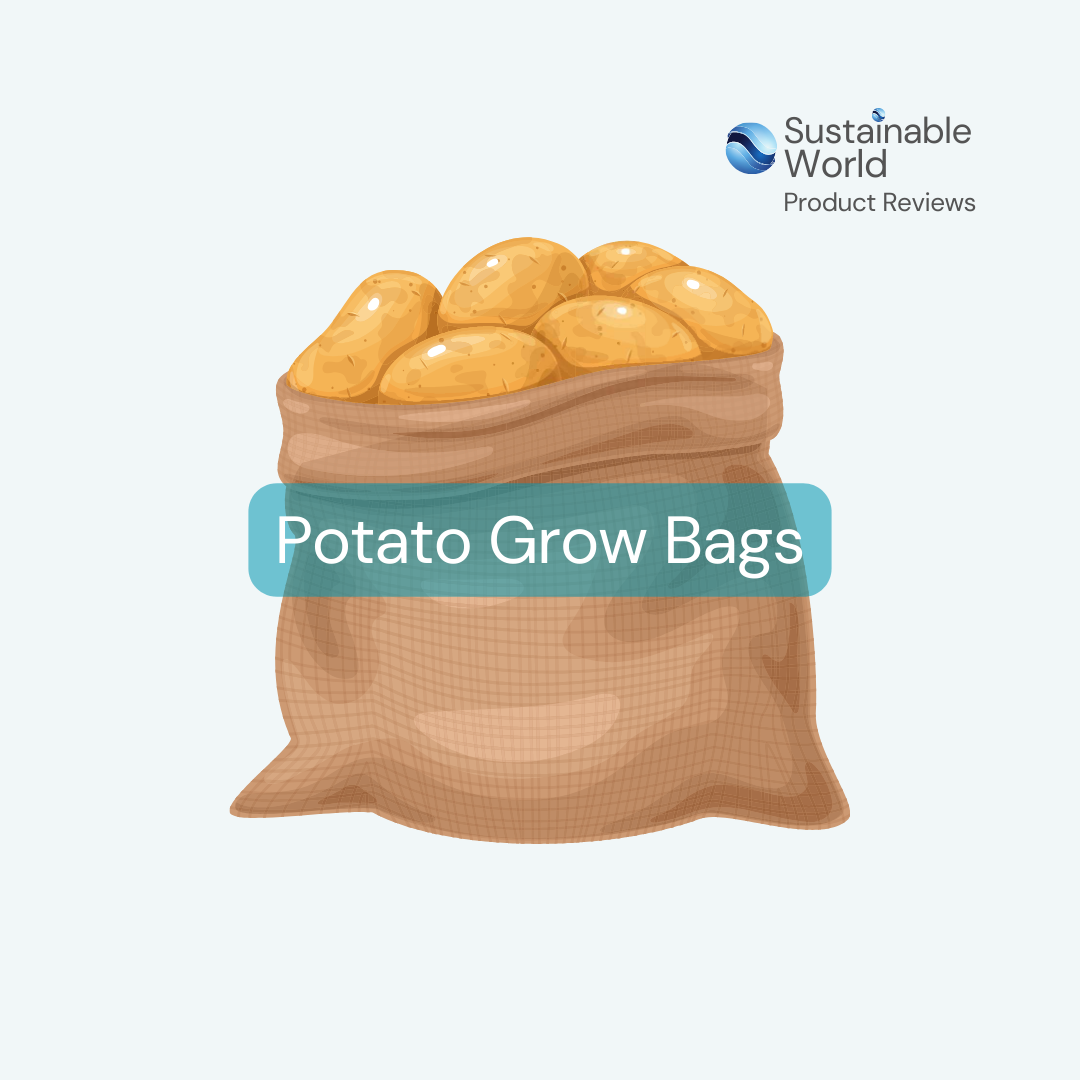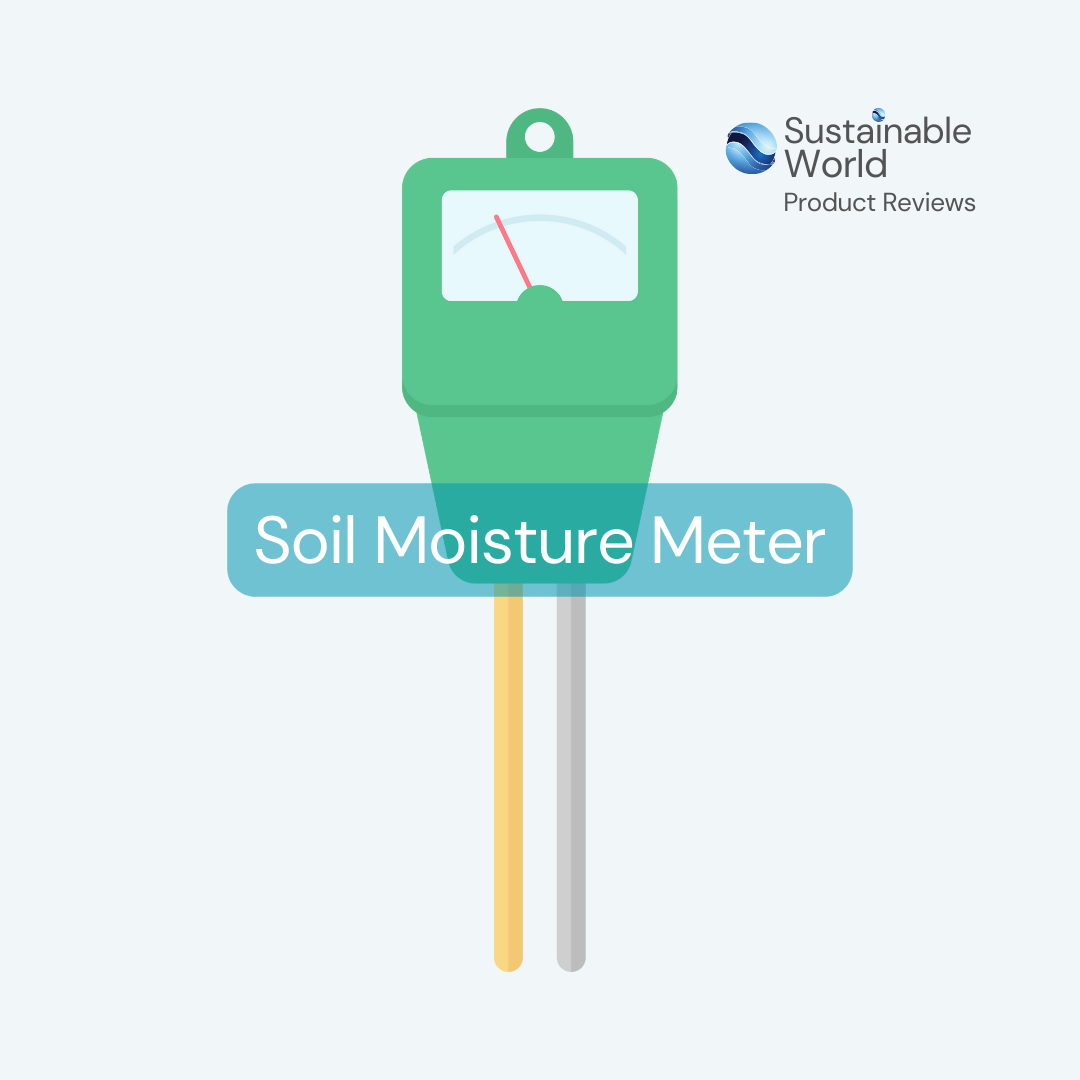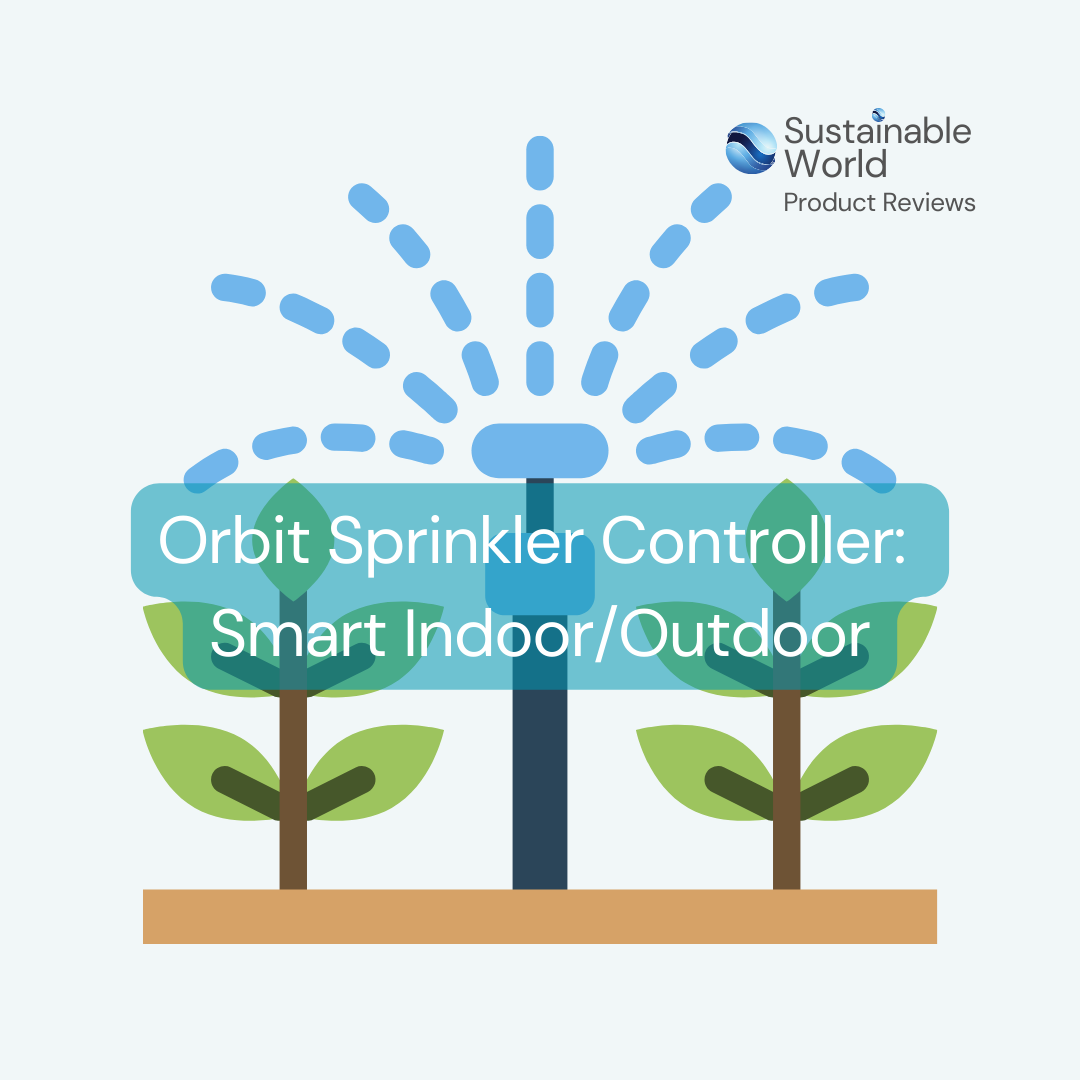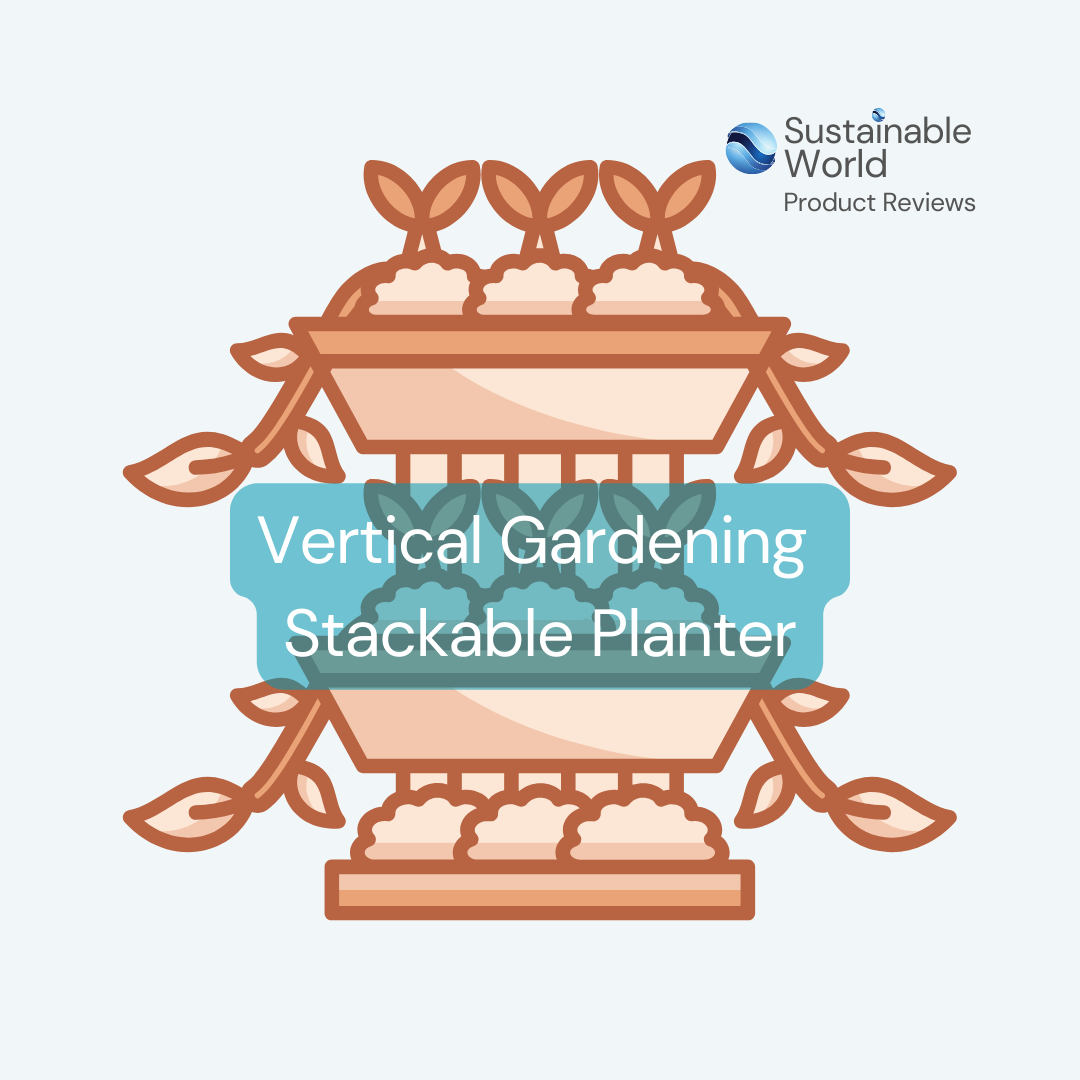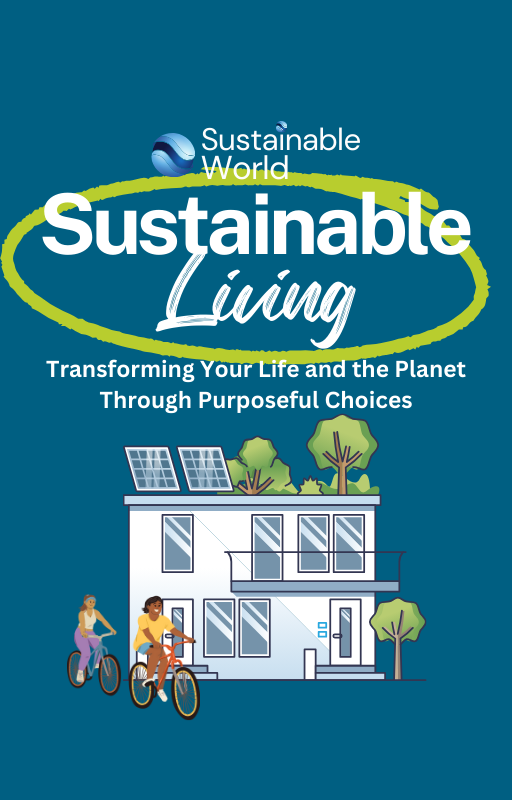Waste reduction and recycling are cornerstones of sustainability, focusing on minimizing waste production and repurposing materials to reduce environmental impact. By adopting these practices, individuals and communities can contribute to conserving natural resources, reducing pollution, and fostering a circular economy.
What is Waste Reduction?
Waste reduction involves strategies to prevent waste at its source. It prioritizes minimizing material consumption, designing products for longevity, and adopting habits that reduce the generation of disposable waste.
What is Recycling?
Recycling refers to the process of collecting, processing, and converting waste materials into reusable forms. It prevents valuable resources from ending up in landfills, reduces the need for raw material extraction, and decreases energy consumption.
Core Principles of Waste Reduction and Recycling
- Reduce
- Buy only what you need and avoid overconsumption.
- Opt for products with minimal or no packaging.
- Reuse
- Extend the lifecycle of items by repurposing them.
- Donate, sell, or share items to prevent unnecessary waste.
- Recycle
- Separate waste into recyclable categories like paper, plastic, glass, and metal.
- Understand and follow local recycling guidelines for effective sorting.
Benefits of Waste Reduction & Recycling
- Environmental Protection
- Reduces landfill waste, conserving land and preventing soil and water contamination.
- Decreases greenhouse gas emissions associated with waste decomposition.
- Resource Conservation
- Saves raw materials by repurposing existing products.
- Reduces the energy required for manufacturing from virgin materials.
- Economic Savings
- Lowers disposal costs for households and businesses.
- Creates green jobs in the recycling and waste management industries.
Waste Reduction Strategies
- Sustainable Purchasing
- Choose durable, high-quality products over single-use alternatives.
- Support brands and businesses with sustainable packaging.
- Composting
- Convert organic waste like food scraps into nutrient-rich compost for gardening.
- Reduce methane emissions by diverting organic matter from landfills.
- Digital Solutions
- Go paperless by using digital receipts, documents, and communication tools.
- Reduce e-waste by recycling outdated electronics through certified programs.
Recycling Best Practices
- Know Your Materials
- Recycle clean, dry items only; food residue can contaminate entire batches.
- Check local guidelines for recyclable materials in your area.
- Participate in Programs
- E-Waste Recycling
- Dispose of electronics at dedicated recycling facilities to safely recover valuable materials.
Innovative Solutions for Waste Reduction
- Upcycling
- Transform waste materials into new, higher-value products.
- Popular examples include furniture from pallets or fashion from discarded textiles.
- Zero-Waste Stores
- Shop at bulk stores offering refillable products with no packaging.
- Encourage local businesses to adopt similar practices.
- Waste-to-Energy Plants
- Convert non-recyclable waste into energy, reducing landfill dependency.
- Generate electricity and heat while minimizing waste.
Waste Reduction & Recycling in Daily Life
- At Home: Use reusable containers, bags, and water bottles. Start a compost bin for kitchen scraps.
- At Work: Implement a waste segregation system and encourage digital file sharing.
- In the Community: Advocate for citywide recycling initiatives and organize educational workshops.
Global Impact of Waste Reduction & Recycling
These practices align with global sustainability goals, including reducing waste by 50% by 2030 under the United Nations’ Sustainable Development Goals (SDGs). Efforts contribute to a cleaner environment and a healthier planet for future generations.
Join Us on the Journey
Dive deeper into each aspect of sustainability with our resources and guides. Together, we can create a sustainable future for all.






